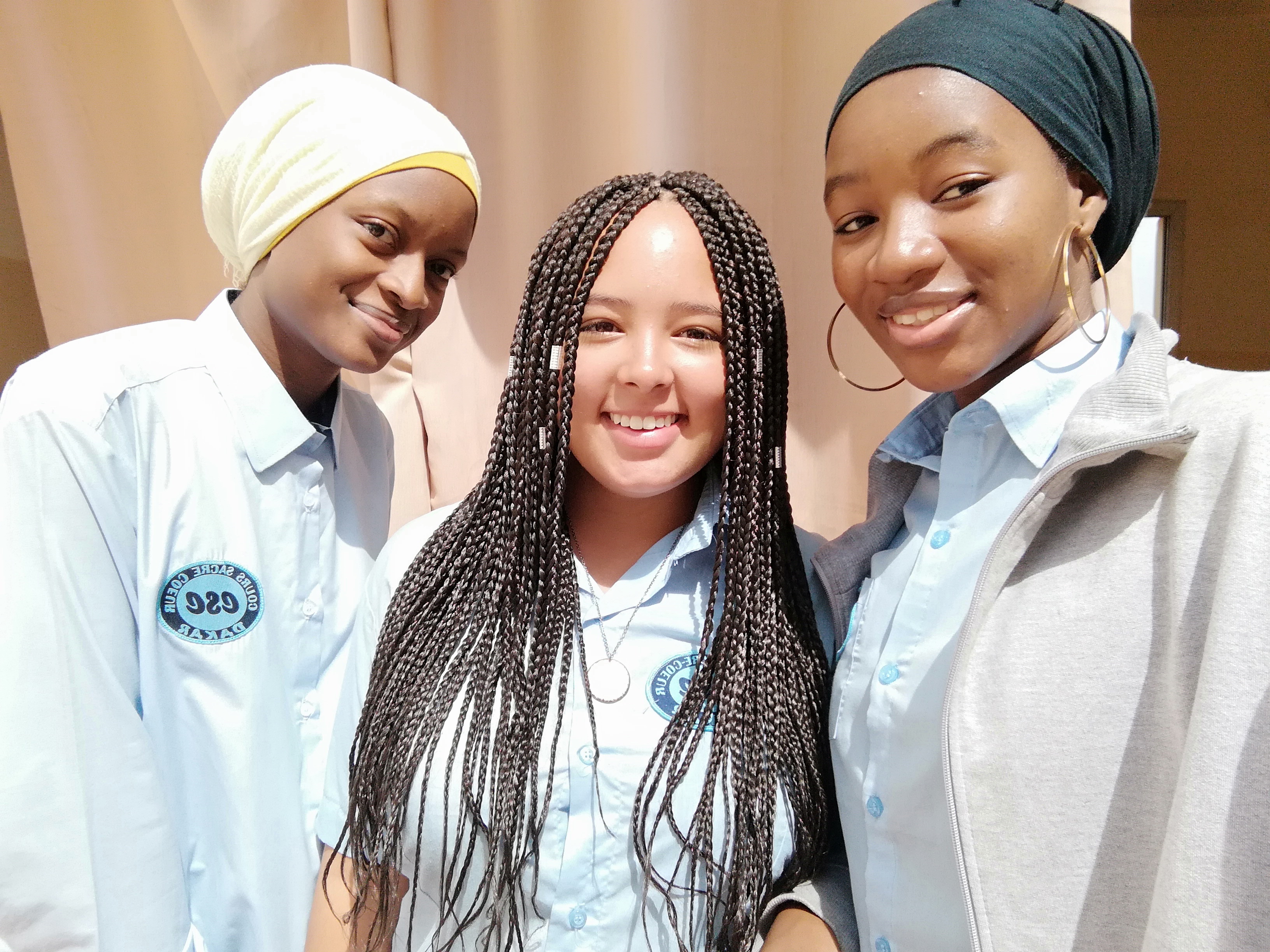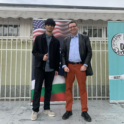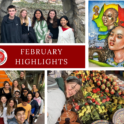StoriesBack to Stories
Exchanging Values

By Brittany N., YES Abroad 2018-19, Senegal
I have started to realize things about my own culture that I had never realized before. I noticed through this month that we tend to think we "know" our culture, but honestly, our everyday lives are just so normal and routine for us that we don't really see what sets us apart from others in the world until we go outside and live in another's culture. There are several examples I could give of this, but I wish to give the one that stood out the most to me this month. It was an opportunity where I got to compare my American culture with that of the Senegalese.
About a week ago, I ended up crying at the end of my Biology class. Beyond just having a bad day, I couldn't understand what the teacher was teaching. Usually I can somewhat follow him because he normally writes and draws on the board rather than just gives lectures. But on this particular day, he only talked. I tried to copy his notes from my friend, but I couldn't read his handwriting. This just left me feeling confused and frustrated. I had no idea what was going on.
At the end of class, my friends saw that I had begun to tear up and so they asked me what was wrong, despite my constant reassurances of "I'm okay" in French. I eventually told them how frustrated I was with not understanding class, and one friend came over to me and said, "Whenever you need help, never hesitate to ask us. We are all in the same boat and were all placed in this class for a reason. We are here to help each other. So don't you ever feel like you are a burden when you have questions. Nobody gets left behind here." And his last sentence really stuck with me.

I then began to realize just how serious they take the idea that "nobody gets left behind." I think of the example of tardiness in schools. In America, you are given a small allotted amount of time to get to class, or else you risk getting a tardy slip or moreover, detention, for being late. If your friend is taking a long time—and you see that time is swiftly ticking away—it’s understood without saying that you need to get to class to not get in trouble. If you leave them and run ahead, they will likely understand.
In Senegal, however, I've noticed that it's the opposite. There have been several times during breaks when I’ve heard the bell and hurried to my next class, only for my friends, whom I started to leave behind because of their slower walking pace, to ask me, "Hey, where are you going?" or, "Slow down! Wait for me!" I have almost been late to class because of this! The mentality of waiting on the other person has even demonstrated itself during gym class. If we are supposed to run, but one of the girls is having a hard time keeping up, the ones ahead of her who can run very fast will slow down to give her rest and to let her catch up, staying by each other’s sides. Although my coach would commend me for doing my best and running ahead of the group, my friends would ask me why I was so far away from the group and ask me to please wait.
I believe we as Americans are very task-driven and goal-oriented. We see something, and we go for it. We are ambitious. Some great American achievements and inventions in our short history could perhaps be attributed to this trait. However, to an outsider's point of view, I think this makes us seem a bit selfish and self-oriented. To accomplish a task, we prioritize it first and foremost. We won't usually let anything get in our way, even if it’s a person.
In Senegalese culture, people seem to prioritize relationships over tasks. I have really noticed their friendliness and willingness to share or help out. I cannot tell you how many times my Senegalese friends have helped me after school, trying to assist me in understanding my chemistry classes and French. However, this value seems like a double-edged sword: their willingness not to leave one another behind, though thoughtful, can also lead to repercussions if tasks don’t get done.
I’ve realized these things about these two separate cultures, and I don't believe either set of values is better or worse than the other—it’s just different. I was passionate about study abroad and the idea of being immersed in another culture because I believe that there is not just one way to live, nor is the world black and white. I believe it to be gray, and each culture has its own nuances. By exchanging wisdom and knowledge, however, cultures can learn from one another and can reach more solutions to problems. I think this experience was an example of what I wanted to find in a new culture, and I can't wait to see what more this academic year will bring.





